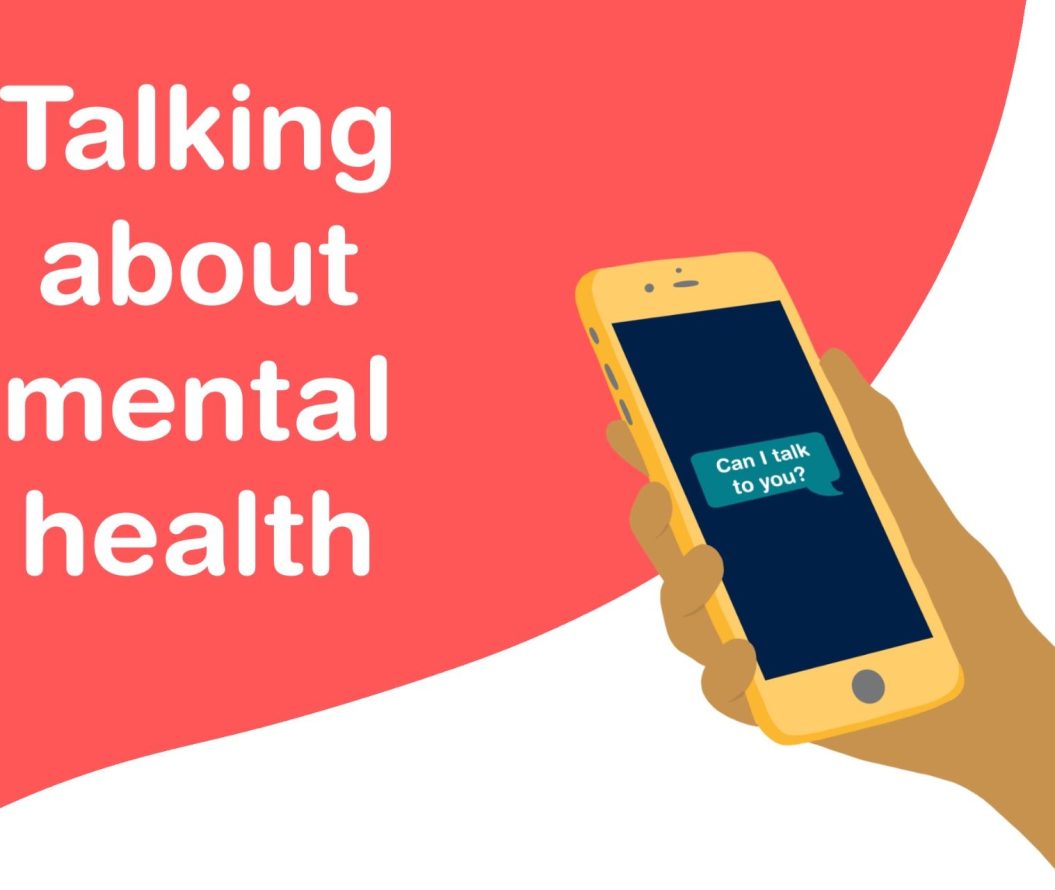More than an animal lover, I am a veterinarian with a masters in Clinical Animal Behaviour who is currently doing a PhD to investigate the impact of human-animal interactions to our mental health.

Should I have a pet?
January 13, 2020,
read.
This article is more than 3 years old
According to PAW (PDSA Animal Wellbeing), around 26% of the adults in the UK own a dog and 24% of the adults own a cat.
Have you thought about being amongst this number?
The number of people living alone is increasing worldwide – men and women spend several hours of their day at work, sometimes without establishing real bonds with the people they work with. So, it’s not surprising that a sense of isolation emerges and more and more people adopt pets as a replacement for this connection.
Animals are seen as a source of social support for many individuals, and there is robust scientific evidence showing that this feeling of companionship improves people’s physical and psychological health. However, the question many people ask themselves is: should I have a pet?

Pets, especially dogs, can offer people physical and psychological benefits. There are many potential physical advantages of having a pet, including decrease in heart rate and blood pressure, increase in survival rate after a heart attack, decrease in minor health problems, such as headache and colds, and obesity prevention.
Psychologically speaking, pets are potential stress buffers, anxiety relievers, company providers and social connectors. Reports in the literature show that people overcome their depression, their loneliness, their fears, all with the help of their four paw friends. Thus, is that all about positive things? Should I adopt a pet as soon as possible and expect to get all these things? No.
Although pets may bring all these positive results, we should remember that being a pet owner is a huge responsibility, we are the carers of a living being, who rely on us for their survival. Some pets may live for decades in our families, others may require special attention for their whole life due to unexpected diseases.
When new owners adopt a pet, they are usually thinking just about their pet insurance, the regular vet check-ups, the food they will provide and even if their landlord allows pets to begin with. However, a pet may cost a lot more money than first thought and a lot more time. One of the most frequently reported disadvantages of having a pet are the surprising problems they may cause.
I am not saying pets are trouble makers, but as a completely different species, they behave differently than we do. They may poo in the wrong place (wrong for us, not them), they may bark in the wrong context (wrong for us again), they may destroy objects that they should not destroy (wrong for us). Also, pets are for life and you will see them get old, and you will have to be there if they get sick and you will be there when they die. All that has an intense negative impact on owners. Some people need psychological therapy to recover from the grief caused by the loss of a companion animal, and others may spend all their money to pay for medical treatments for their beloved pets.
Therefore, even though pets have the potential to be a wonderful addition to your life, you should ask yourself carefully: am I ready to be the carer of a living being who’ll rely on me for the rest of their life and could cause me not just happiness but also very real trouble?
My answer is yes. But what about yours?




